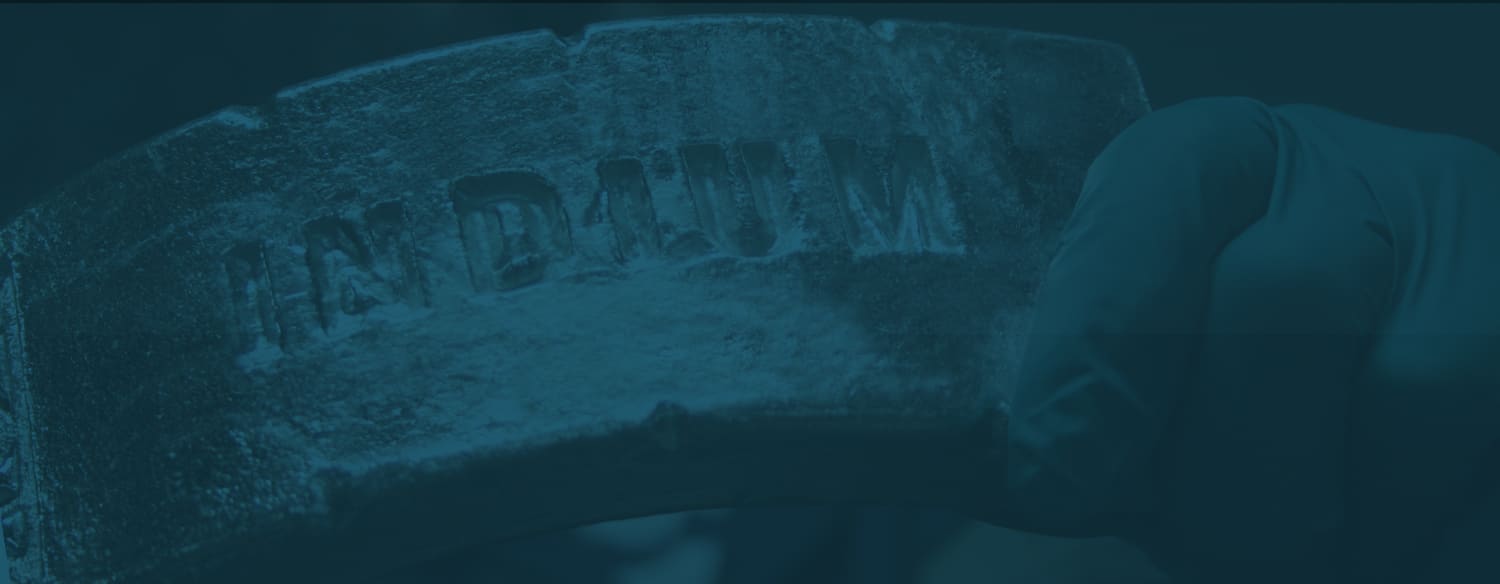Phil Zarrow: This is part two of a three-part series. This video is for anyone interested in the design of experiment aspect of Avoid the Void™.
Brook, let's talk a little bit about the effect of profile parameters on voiding.
Brook Sandy-Smith: The profile's really important, because if you don't give the solder paste enough time you're not going to create a good solder joint. If the preheat's too short, you won't allow time for the volatiles to evolve and for them to escape the solder joint before the solder's molten and they become entrapped. On the other side, if you don't give enough time above liquidus, then you don't give enough time for the alloy to wet to all of the surfaces, and, so, you'll exacerbate that mode of voiding.
Phil Zarrow: Okay, what about the opposite? What if the profile's too long?
Brook Sandy-Smith: If the profile's too long, you run the risk of oxidizing your surfaces and exhausting your flux, and, therefore, exacerbating the wetting side of the voiding performance.
Phil Zarrow: Brook, you've done a lot of work in this area. Where can we find more information in the way of papers and videos?
Brook Sandy-Smith: You can find it at www.indium.com or you could contact me directly at bsandy@indium.com.
Phil Zarrow: Brook, thank you so much.


